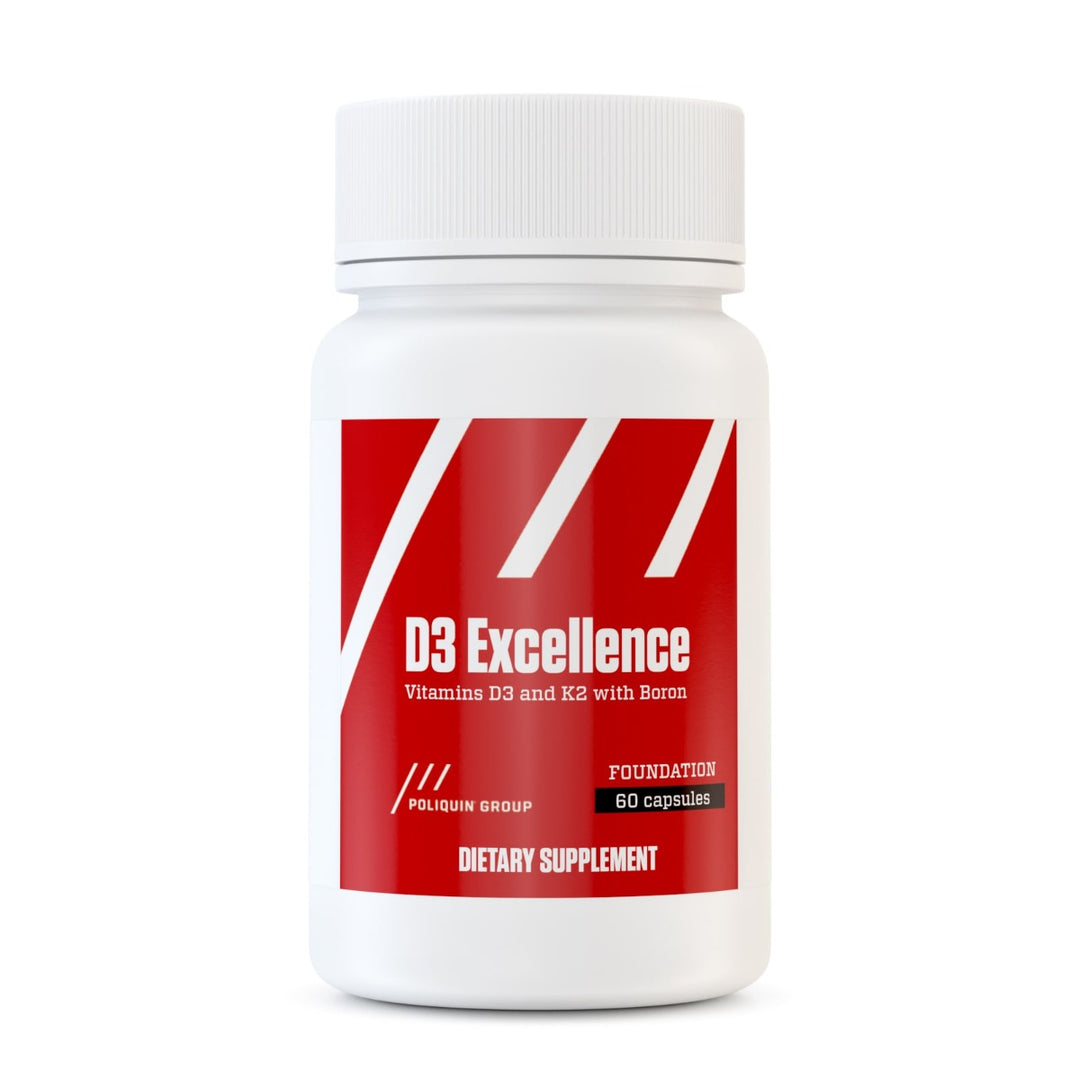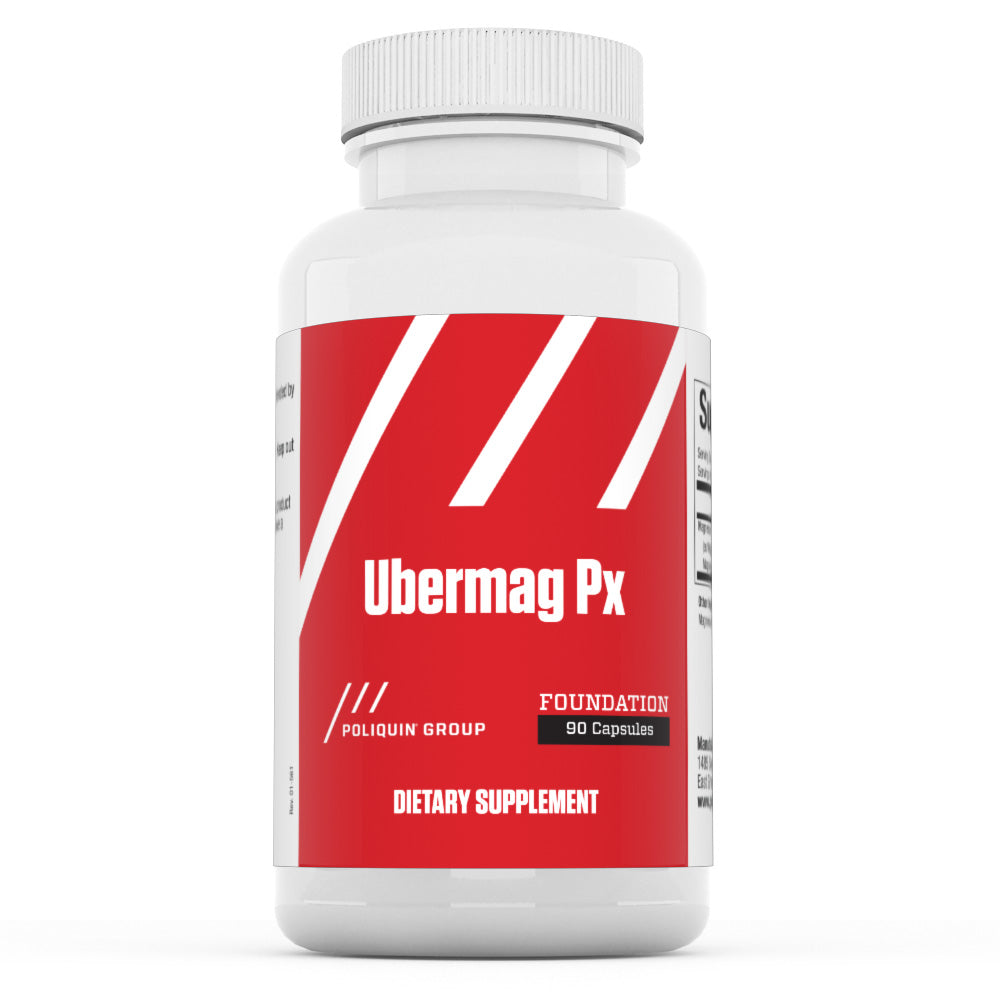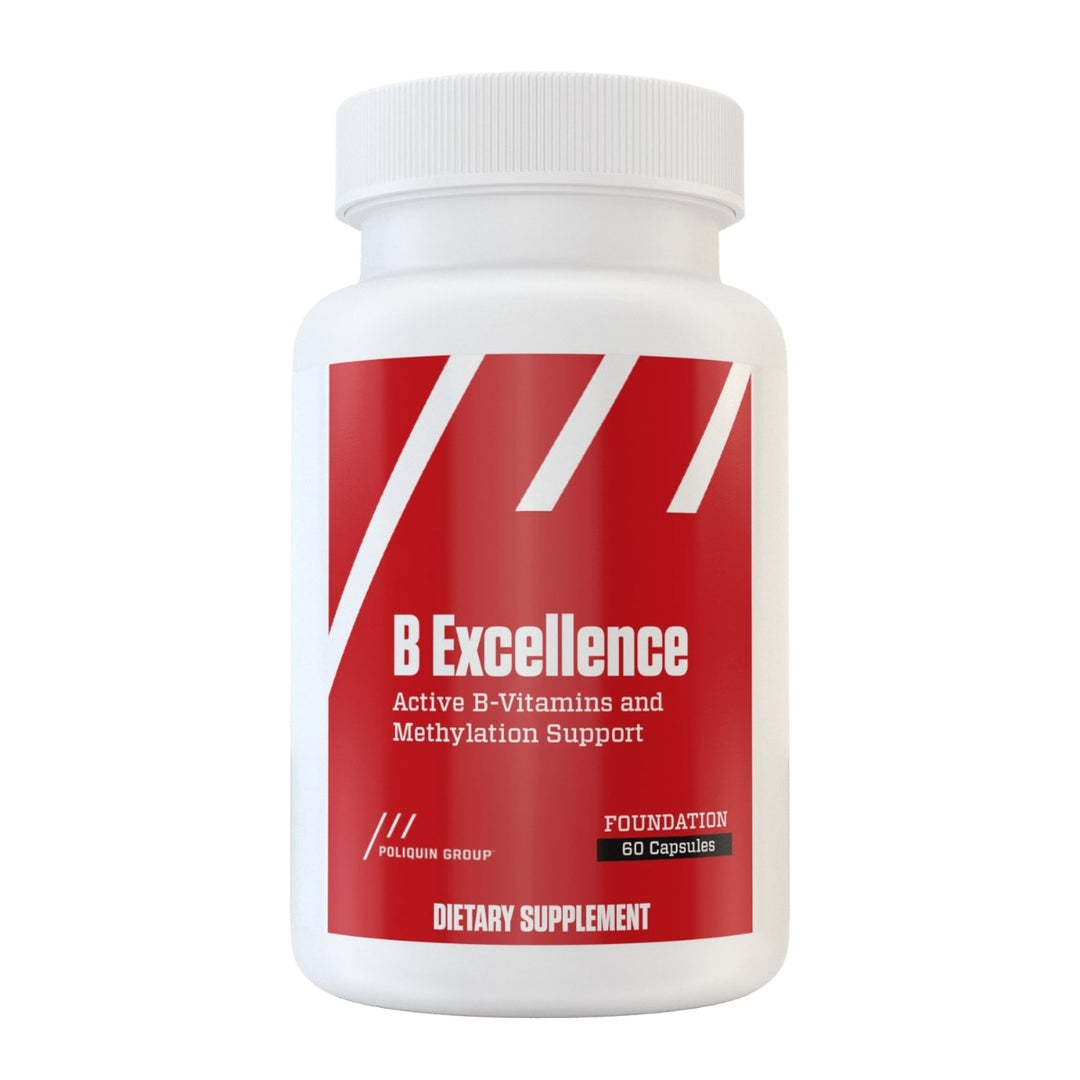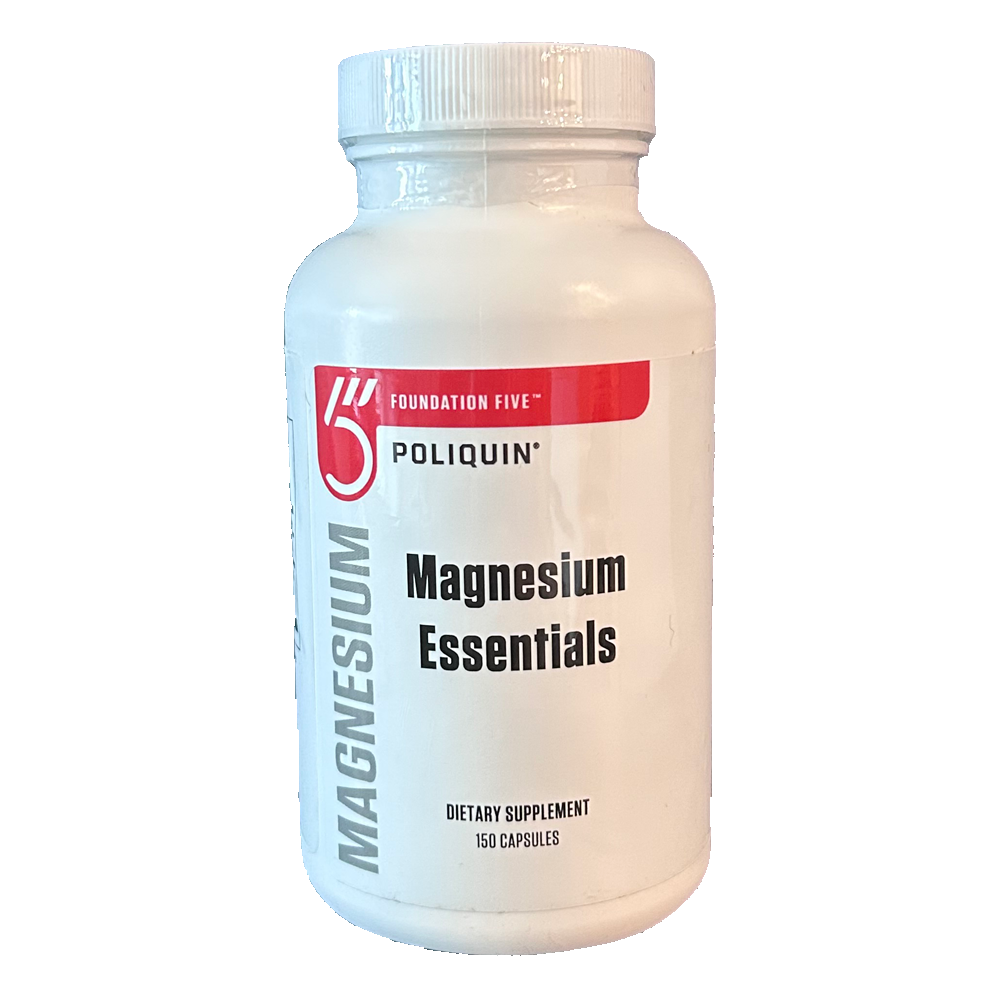Which Nutrients Are Essential For Cognitive Performance?
Did you know there are nutrients that improve cognitive performance, helping your brain work better?
When it comes to boosting brain function, most people turn to nootropics—supplements or drugs that stimulate the brain. But most people do not get the baseline nutrition necessary for optimal brain function.
Shifting the focus from stimulants to ensuring baseline levels of key nutrients lays the groundwork for improved cognitive performance. You will boost creativity and alertness while reducing the risk of age-related declines in brain function.
This article will cover the role of micronutrients in cognitive health and list the nutrients to focus on for optimal mental performance.
How Micronutrients Influence Cognitive Performance
No other part of the body depends more intimately on its nutrient supply than the central nervous system. The central nervous system controls most bodily functions, including awareness, movement, thought, speech, and memory. It regulates physical and mental performance. It also impacts mood and how we “feel” on a daily basis.
Scientists have identified four ways micronutrients affect cognitive function:
1. Enhancing Neurotransmitter Synthesis
Neurotransmitters are chemicals in the brain that regulate mood, cognition, pleasure, energy, and motivation. Vitamin C and the B complex vitamins are required for the synthesis of neurotransmitters. Two energizing transmitters, dopamine and noradrenaline, require a steady supply of vitamin B2 (riboflavin), vitamin B6 (pyridoxine), vitamin B3 (nicotinamide), vitamin B9 (folate), vitamin B12 (cobalamin), and vitamin C. A deficiency in any of these nutrients can lead to a fall in the inhibitory neurotransmitter GABA that is necessary for rest and relaxation.
2. Protecting Neuronal Membrane Health
We don’t talk a lot about cell membranes but their importance can’t be overemphasized for brain health. Membranes protect the cells from damage by free radicals. They also play a role in nerve conduction—simply, messages sent from cell to cell. Healthy membranes are also essential to allow binding with chemical messengers such as hormones. For example, a deficiency in vitamin B6 impairs the ability of cortisol and GABA to bind with receptors, impacting mood and your ability to cope with stress.
3. Supporting Energy Metabolism
You’re probably aware that the brain is an energy hungry organ, consuming about 25 percent of total blood glucose, while accounting for only 3 percent of body weight. The B vitamins, magnesium, and vitamin C are necessary for the body to metabolize the macronutrients into energy and use it for cognitive performance. Deficiencies in these nutrients lead to sluggish energy metabolism, lowering the flow of energy to the brain.
4. Optimizing Methylation and Homocysteine Metabolism
Methylation is a biochemical process that is similar to detoxification. It allows for the body to efficiently metabolize the amino acid homocysteine. Homocysteine is harmful for health when it accumulates in the blood. Several B vitamins are involved in methylation, allowing homocysteine to be converted into the benign amino acid methionine.
The reduced ability to methylate (known as hypomethylation) is associated with cognitive impairment, mood disturbances, and clinical brain disorders such as Alzheimer’s disease. Elevated homocysteine impairs central nervous system function. It is a risk factor for cognitive disorders. Supplying adequate B vitamins lowers homocysteine levels and protects cognitive function.
Essential Micronutrients For Cognitive Performance

Are You At Risk of A Deficiency?
Three categories increase risk of a nutritional deficiency (1):
1. Lifestyle factors are behaviors that lead to deficiency.
These can be countered by changing habits, improving the composition of the diet, and supplementation. Actions that increase risk of deficiency include:
- Restrictive diets, especially low calorie diets or those that limit macronutrients.
- Regular high-volume athletic training.
- Chronic work and family stress combined with unhealthy food choices.
- Excessive coffee consumption.
- Smoking or excessive alcohol use.
2. Lifestage factors relate to changing physiological needs.
Lifestage factors either increase nutrient requirements, reduce absorption of nutrients, or both. These can be countered with dietary changes and supplementation. They include being elderly, pregnant or nursing, or in a childhood growth stage.
3. Chronic illness is a third category that increases risk of deficiency.
Individuals with underlying diseases tend to have higher levels of inflammation and may take medications that deplete nutrients. They may also suffer from reduced absorption of nutrients in the GI tract. In particular, people with gastrointestinal disorders (celiac disease, Crohn’s disease, IBS) are at high risk of nutrient depletion that can exacerbate other health conditions.
Can A Supplement Help?
Supplements fill common nutrient gaps and ease cognitive performance symptoms linked to low nutritional status (1, 2). For example, a study of young men who were given a multivitamin found improvement on behavioral and mental performance tests compared to a placebo (3,4).
A second study of 136 individuals suffering from stress found that after 28 days of treatment with a multivitamin, subjects reported a 66 percent improvement in concentration, a 67 percent decrease in depression, and an 82 percent decrease in tiredness (5). Several other studies have shown reduction in anxiety and stress from supplementation. Energy and concentration often improve as well.
Nutrition For Peak Brain Function
If you’re looking to get a brain boost from nutrition, it’s worth starting with your overall diet. Favoring a diversity of foods will supply baseline levels of key nutrients for brain function: High-quality protein from whole meat, seafood, and dairy; healthy fats from fish, nuts, avocado, and olives; and plenty of colorful fruits and vegetables.
The next step is choosing whether to supplement an all-in-one supplement that supplies the B vitamins, vitamin C, magnesium, calcium, and zinc or opt for more targeted supplementation with each nutrient separately. If you choose to go for an all-in-one supplement, try our Core Essentials that is a one-stop-shop that can build the nutritional reserve needed to overcome daily stressors and prevent chronic diseases that shorten quality of life.
If you have a high-quality diet, you may prefer targeted supplementation. For example, you might be getting all the calcium you need from food but want full reserves of magnesium, the B vitamins, and vitamin C. We offer the following supplemental options:
For the B vitamins, try B Excellence that supplies all of the B vitamins in their most active form.
Get extra magnesium from Magnesium Essentials, which provides a high-quality magnesium chelate in an easily absorbable form.
Load up on vitamin C with our easily digestible time-release vitamin C formula.
Get extra zinc from Zinc Essentials that comes with the helper nutrients copper and selenium for extra antioxidant support.
Final Words
Once you’ve got your nutritional bases covered, it’s reasonable to seek out cognitive performance boosters, such as caffeine, omega-3 fatty acids, or creatine.











